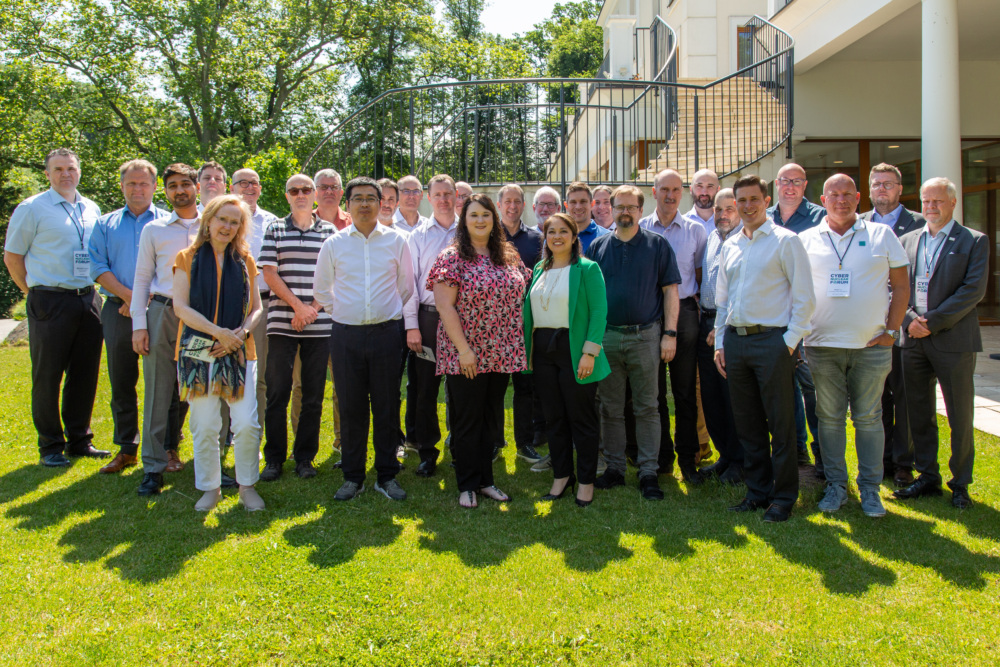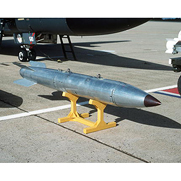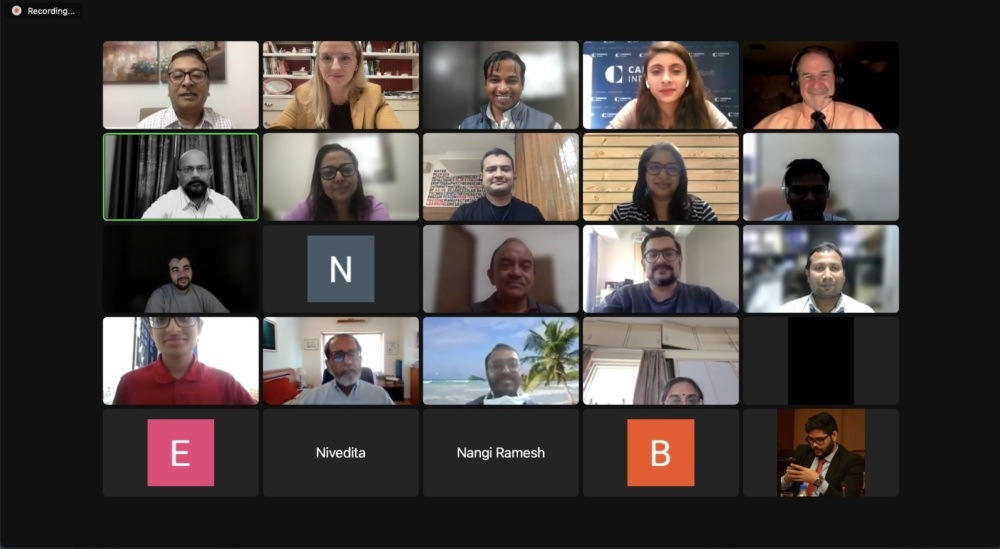
NTI Hosts Seventh Meeting of Cyber-Nuclear Forum
NTI convened more than 30 cybersecurity experts to discuss practical steps for strengthening cybersecurity at nuclear facilities around the world.
About the image
In a new op-ed, Steve Andreasen describes how little value the B-61 offers: "Over the last 20 years, the military rationale for continuing these deployments has evaporated. During a briefing in 2010, the vice chairman of the U.S. Joint Chiefs of Staff, Gen. James E. Cartwright, stated that U.S. tactical nuclear bombs in Europe did not serve a military function not already addressed by U.S. strategic and conventional forces. In the U.S. and allied militaries, you have to look hard to find a dissenting voice."
In a time of sequestration, "if Americans understood that their government plans to spend about the same amount of money this year, $537 million, on the B61 bomb as it will spend on Alzheimer's research, while financing nearly three-quarters of NATO's military spending, the B61 would deservedly become a dead man walking."
Read the full op-ed.
Sign up for our newsletter to get the latest on nuclear and biological threats.
NTI convened more than 30 cybersecurity experts to discuss practical steps for strengthening cybersecurity at nuclear facilities around the world.
NTI | bio’s Dr. Aparupa Sengupta joined a groundbreaking discussion on the nexus of cyber- and bio-security.
Nearly 40 cybersecurity experts from nuclear facilities in more than 14 countries discussed practical steps for strengthening cybersecurity at nuclear facilities during the eighth meeting of NTI’s Cyber-Nuclear Forum.


